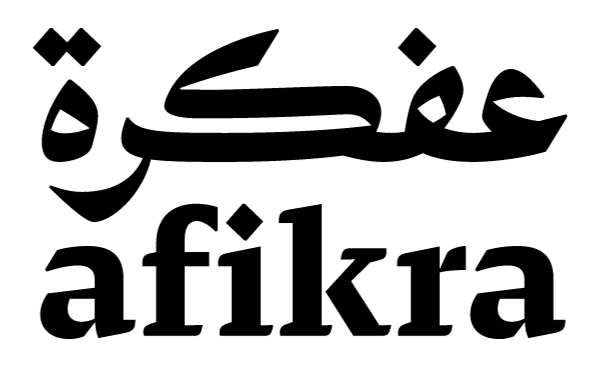Unpacking the Phrase “From the River to the Sea, Palestine Will Be Free” | Maha Nassar
This conversation offers a brief history of Palestine and its peoples, a look at the Palestinian experience both in exile and within modern-day Israel. Professor Maha Nassar – author of Brothers Apart: Palestinian Citizens of Israel and the Arab world – talks us through the daily indignities, state repression, and racism faced by Palestinians in Israel. She unpacks the origins and meanings of the phrase "From the river to the sea, Palestine will be free" and how she goes about dismantling false narratives.
This episode was recorded on Friday, November 24 at 5pm Palestine Time. Please note that we're recording special podcast episodes relevant to understanding the historical context of what is happening in Palestine. Make sure to check out the other highly informative conversations with guests from completely different disciplines who are generously sharing their time and insight in these dark times.
Maha Nassar is an Associate Professor of Modern Middle East History and Islamic Studies at the University of Arizona. Specifically, she is a cultural and intellectual historian of the 20th century Arab world with a focus on Palestinian history. Nassar's research looks at the intellectual constructs of social, political and cultural identities to trace the circulation of political vocabularies that construct as well as contest nationalist narratives.
Nassar's book "Brothers Apart: Palestinian Citizens of Israel and the Arab World" examines how Palestinian cultural producers in Israel during the 1950s and 60s positioned themselves within an Arab and "Third World", social, cultural and intellectual milieu that extended far beyond the confines of the Israeli nation state. By mapping the strategies they deployed, her book demonstrates the importance of Arabic newspapers and literary journals in traversing national boundaries and in creating transnational and transregional communities of solidarity. In 2018 Brothers Apart received a Palestine Book Award for academic titles.
THIS SERIES IS PART OF THE AFIKRA PODCAST NETWORK
Palestinian history and culture will not be erased. History warns us how media's dehumanizing rhetoric can pave the way for targeted aggression and allow society to permit atrocities as grave as genocide. It is resolutely within our mission to counteract this dehumanizing narrative. Afikra has always stood in unwavering solidarity with our Palestinian sisters & brothers and individuals of all nationalities and faiths around the world who bravely protest the illegal Israeli occupation of Palestine and condemn the state violence of the Israeli colonial settler project.
After the events of October 7, 2023 it felt impossible to go on with the podcast like business as usual. So we dedicated The afikra Podcast programming to special episodes relevant to understanding the historical context to what is happening in Palestine. Each episode was recorded in real-time and uploaded to YouTube and everywhere you get your podcasts. For most of these, the time of recording is key to understanding the context in which these conversations took place so make sure to refer to these and to check out all of these highly informative conversations with guests who are from completely different disciplines and have generously shared their time and insight in these dark times.
And as we entered the new year and the atrocities continue, we deemed it necessary to create an exclusive series dedicated to Palestinian history and culture. This is how this podcast came about and will continue to exist so long as the fight for liberation and peace continues.













